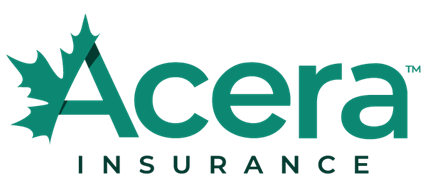Dietary fat has been blamed for many health problems. However, fat is actually an essential nutrient for optimal health. Adipose tissue (stored fat) provides cushion and insulation to internal organs, covers the nerves, is necessary in the digestion and assimilation of vitamins A, D, E, and K and is the largest reserve of stored energy available for activity.
Fat is stored when we consume more calories than we use. There is an optimal level of body fat for health and for athletic activity. When that optimal level is exceeded, too much dietary fat can lead to problems with health, as well as athletic performance.
Healthy fat provides energy for the equestrian athlete
- Fat provides the highest concentration of energy of all the nutrients. One gram of fat equals nine calories. This calorie density, along with our seemingly unlimited storage capacity for fat, makes fat our largest reserve of energy.
- Fat provides the main fuel source for long duration, low to moderate intensity exercise. Even during high intensity exercise, where carbohydrates are the main fuel source, fat is needed to help access the stored carbohydrate (glycogen).
- Using fat for fuel for exercise, however, is dependent upon these important factors. Fat is slow to digest and to be converted into a usable form of energy (it can take up to six hours). Converting stored body fat into energy takes time. The body needs to break down fat and transport it to the working muscles before it can be used as energy.
Types of dietary fat include
- Unsaturated fats include monounsaturated (referred to as MUFA) and polyunsaturated (referred to as PUFA) and are typically found in plant food sources and are usually liquid at room temperature. Unsaturated fats have health benefits such as lowering cholesterol and reducing the risk of heart disease. Common food sources include olive and canola oil, avocados, fish, almonds, soybeans and flaxseed. Theses fats should account for 20% – 30% of total daily calorie intake.
- Saturated fats are found primarily in animal sources like meat, egg yolks, yogurt, cheese, butter, milk. This type of fat is often solid at room temperature. Too much saturated fat has been linked to health problems such as high cholesterol and heart disease and should be limited to no more than 7% of total daily calorie intake.
- Trans fats have recently been added to the nutrition labels of most products. Trans fatty acids are created (naturally or man-made) when an unsaturated fat is made into a solid. Trans fats, like saturated fat, should be limited to no more than 1% of total daily calorie intake because they increase cholesterol levels and the risk of heart disease.
Please check back next week where I will expand on the need for fluids.
“Remember, Food Does Not Have To Be Just Another Four Letter Word!” – Ian Harris
Ian can be reached at ian@ianharris.ca. You can also follow his nutrition tips on Facebook or visit www.ianharris.ca










